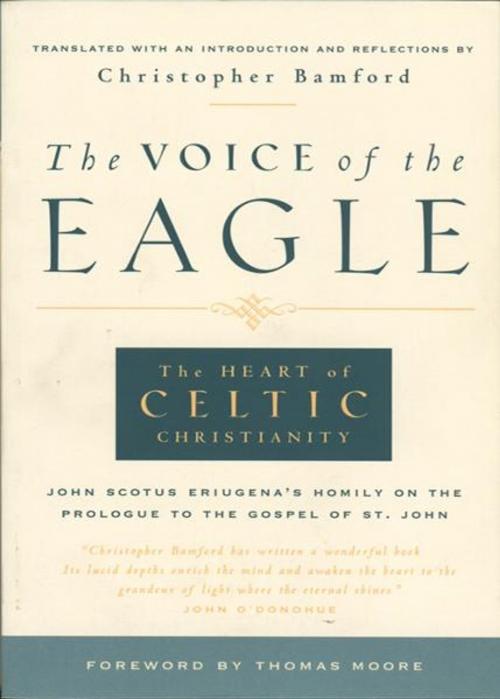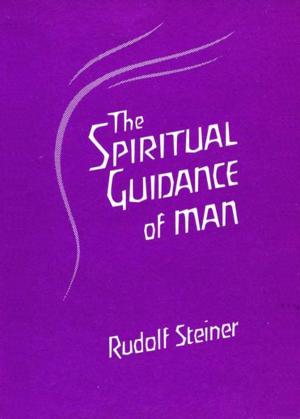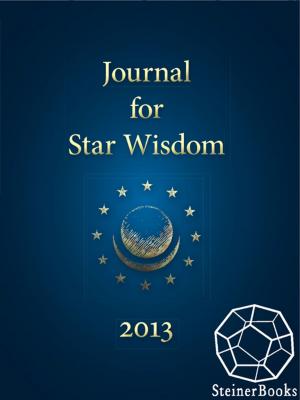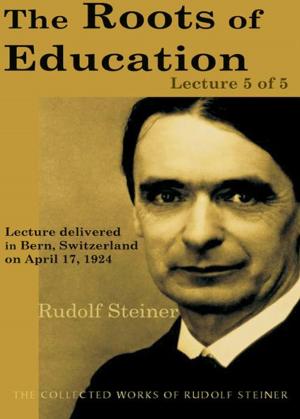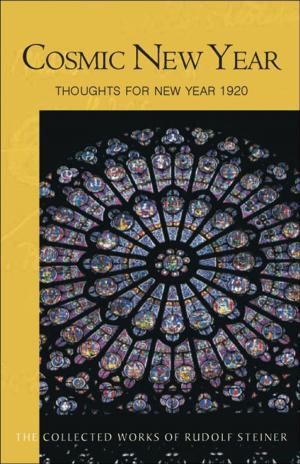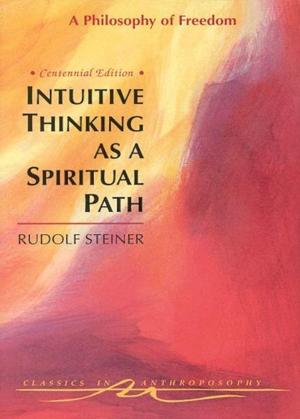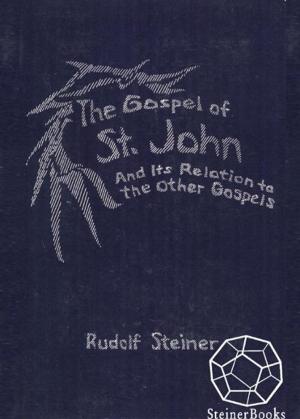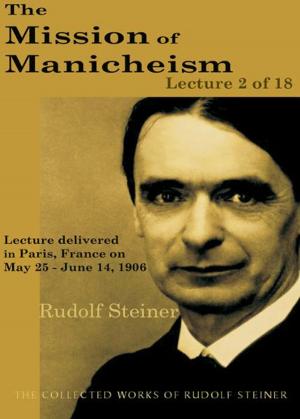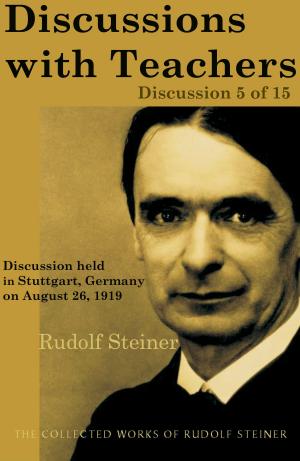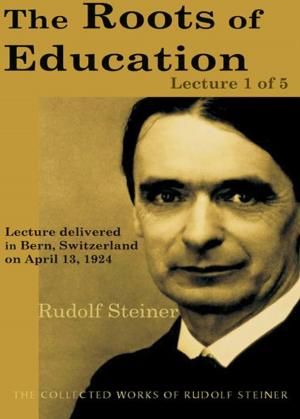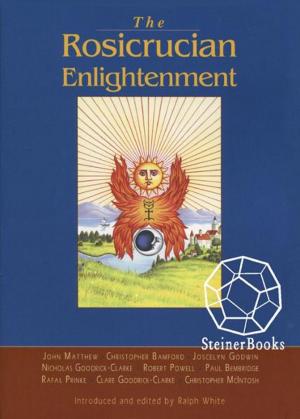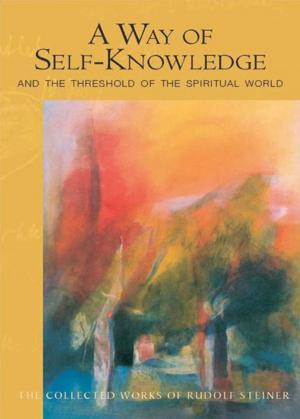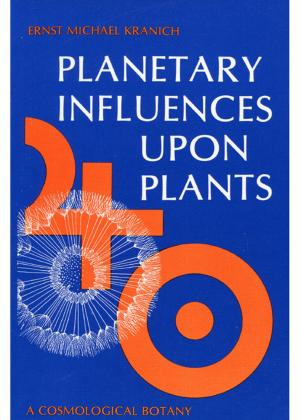| Author: | Christopher Bamford, John Eriugena | ISBN: | 9781584205005 |
| Publisher: | SteinerBooks | Publication: | November 1, 2000 |
| Imprint: | Lindisfarne Books | Language: | English |
| Author: | Christopher Bamford, John Eriugena |
| ISBN: | 9781584205005 |
| Publisher: | SteinerBooks |
| Publication: | November 1, 2000 |
| Imprint: | Lindisfarne Books |
| Language: | English |
John Scotus Eriugena was born and raised in Ireland during the early ninth century. Neither monk nor priest but a "holy sage," he carried to France the flower of Celtic Christianity. His homily, The Voice of the Eagle, is a jewel of lyrical mysticism, theology, and cosmology, containing the essence of Celtic Christian wisdom. He meditates on the meaning and purpose of creation as revealed by the Word made flesh, distilling into twenty-three short chapters a uniquely Celtic, non-dualistic fusion of Christianity, Platonism, and ancient Irish wisdom. The translator's "Reflections" make up the second half of this book and attempt to unfold some of the life-giving meaning implicit in Eriugena's luminous sentences. Inspired both by a personal search for a living Christianity and by a sense of the continuity of Western culture, these "Reflections" offer a contemporary, meditative encounter with the Word, or Logos, as mediated by both St. John's Prologue and Eriugena's Celtic homily. This favorite of Celtic Christianity, unavailable for several years, has been revised and includes a new introduction by Thomas Moore, author of Care of the Soul and The Soul of Sex.
John Scotus Eriugena was born and raised in Ireland during the early ninth century. Neither monk nor priest but a "holy sage," he carried to France the flower of Celtic Christianity. His homily, The Voice of the Eagle, is a jewel of lyrical mysticism, theology, and cosmology, containing the essence of Celtic Christian wisdom. He meditates on the meaning and purpose of creation as revealed by the Word made flesh, distilling into twenty-three short chapters a uniquely Celtic, non-dualistic fusion of Christianity, Platonism, and ancient Irish wisdom. The translator's "Reflections" make up the second half of this book and attempt to unfold some of the life-giving meaning implicit in Eriugena's luminous sentences. Inspired both by a personal search for a living Christianity and by a sense of the continuity of Western culture, these "Reflections" offer a contemporary, meditative encounter with the Word, or Logos, as mediated by both St. John's Prologue and Eriugena's Celtic homily. This favorite of Celtic Christianity, unavailable for several years, has been revised and includes a new introduction by Thomas Moore, author of Care of the Soul and The Soul of Sex.
